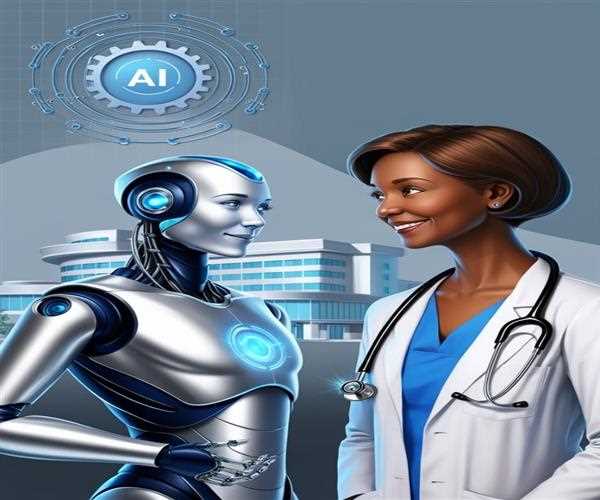Today artificial intelligence is a powerful tool that improves diagnostic results, individual approach to each patient, and organizational processes. Diagnostic tools like machine learning algorithms which are an integration part of health systems help in the diagnosis via analysis of images like X-ray and MRI and in general for early detection of diseases. This helps to minimize the errors that might be made especially while diagnosing and enhance the result of the treatment by specialists such as radiology and oncologists among others. AI also helps in detecting existing patterns on new data to visualization of patterns of disease and thus interventions can be conducted beforehand.
This is mostly done through sharing of genetic data, details of lifestyles and some clinical information of patients with diseases in order to receive treatment plans suitable for them. It enhances the chances of treatment to be effective while at the same time reducing unfavorable side effects. For instance, the models are able to forecast patient reaction to specific drugs thus making drug prescriptions efficient and decreasing risk-taking . Moreover, because of the use of AI, drug identification and molecular binding prediction is faster and more efficient in today’s world.
AI is also invading the patients’ sides through virtual health assistants and chatbots that help with appointments and medication reminders among other services, and are available round the clock. These tools benefit the patient by increasing his/her interaction with the health care system and making health care more accessible, especially to patients who may be living in the rural areas. Some wearable devices are connected to artificial intelligence to constantly track the heart rate, blood pressure, and other such signs that help avoid constant treatment sessions for chronic diseases.

In the administrative front, these repetitive services such as billing, documentation, and data input are handled by AI, thus relieving the burden from healthcare providers. This has proven useful in enabling clinicians to spend most of their time on patients, instead of issues such as general burnout or lack of adequate staffing. It also complements analytical studies so as to enhance the overall flow of activities in the hospital hence improving the efficiency and cutting on the expenses.
Despite the positive impact brought about by AI in the health care industry, the course of AI also has demerits such as data privacy issues, bias in algorithms, and acceptable regulatory policies. These are essential topics to watch in order to promote ethical and equitable AI use, trust from the patients and healthcare providers. Altogether, it is predicted that AI will bring the revolution in the healthcare system that will set the tone for better efficiency, access, and patients’ outcomes.
Conclusion
In conclusion, AI is undoubtedly making significant positive changes in the entire field of healthcare through touching all the main aspects including diagnostics, individualized treatment, care about patients, and management of health care institutions. AI enhances the accuracy of diagnosing and treatment procedures, speeds up the decision-making process with the help of the analysis of Big Data, and is cost-efficient to implement. Thus, data privacy issues, bias, and the lack of proper regulation should be tackled to use AI as an effective tool. According to development, AI offers an opportunity to establish a patient-centred and sustainable health sector to the advantages of both the providers and the receivers across the globe.